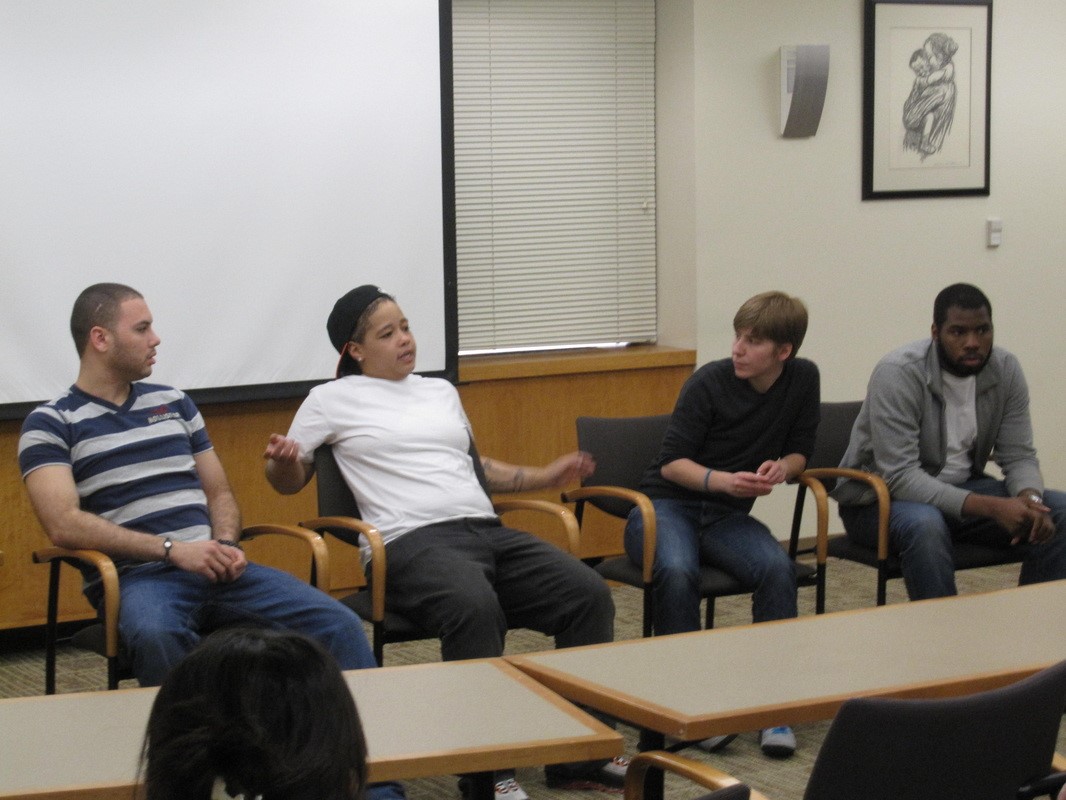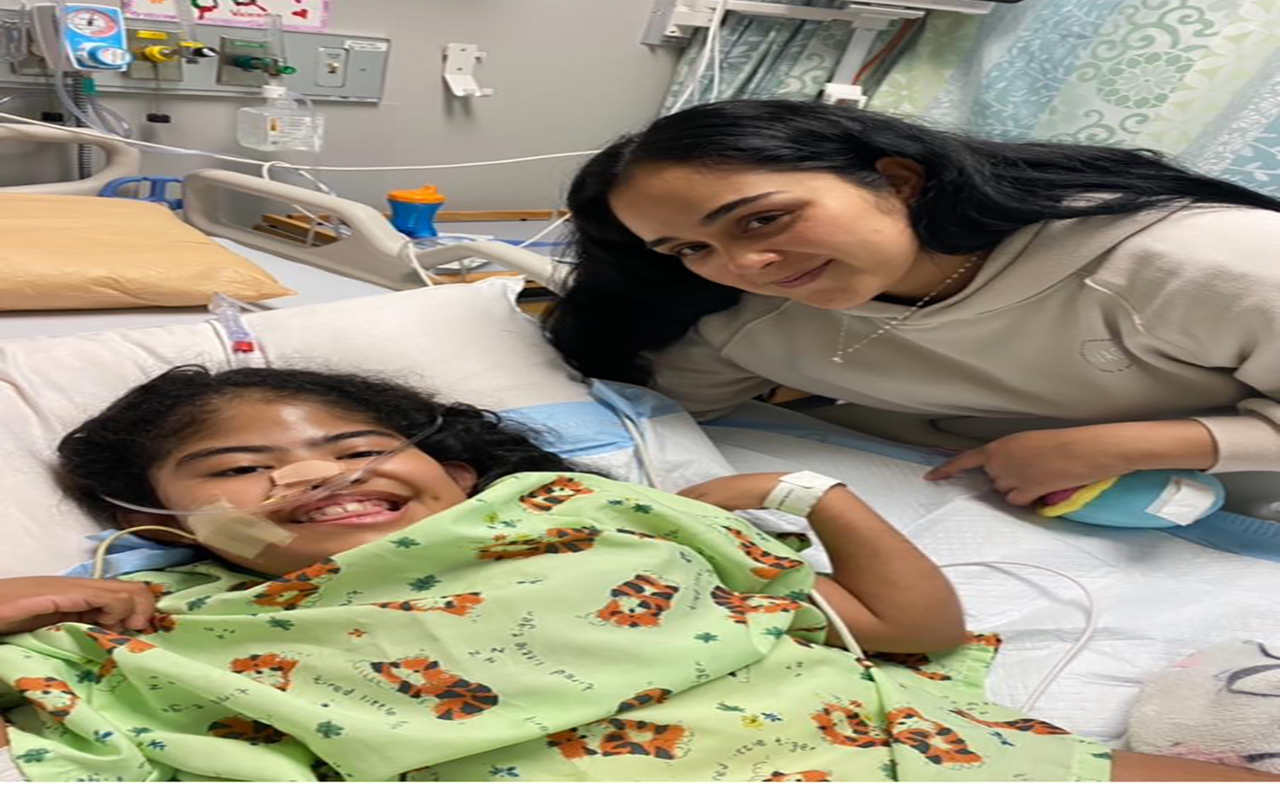
Philly DA’s Office and local orgs pilot restorative justice program for juvenile offenders
Amid record-setting violence, Philadelphia’s District Attorney is partnering up with local organizations for a restorative justice approach to criminal…
Philadelphia, the nation’s poorest major city, is still feeling the unrelenting strain of the past year. Mass unemployment caused by the coronavirus pandemic, coupled with the opioid epidemic and sweltering July heat has pushed many of the city’s nearly 1.6 million residents to their limits.
The culmination of all these factors has caused crime and gun violence to surge, resulting in an alarming uptick in homicides.
On Friday, July 16, Philadelphia reached a grim milestone of 300 homicides since the start of the year, the earliest the city has ever seen such numbers. Even in the city’s deadliest year, 1990, which totaled 500 homicides, the city surpassed the 300 mark a full month later, on Aug. 17 of that year.
Amid the current crisis, in another attempt to not only mitigate the violence but also foster healing in communities, the office of District Attorney, Larry Krasner, has partnered with the Youth Art & Self-empowerment Project (YASP) to launch a restorative justice approach to rehabilitating juvenile offenders.
The project is called Healing Futures and it aims to not only heal those who are the victims of these crimes, but also comprehensively addressing and rehabilitating those who commit the crimes as opposed to funneling them into the prison industrial complex.
The DA’s Involvement
The program refers felony and high-level misdemeanor cases from the DA’s office to YASP, who with the consent of all parties involved, facilitate a conversation on how the perpetrator will “repair the harm” caused. Once they have repaid their debts in whatever way was agreed upon, the DA’s office closes the case with no charges filed.
The methodology is based on studies that saw a reduction in the youth recidivism rate and a reported increase in closure and recovery for the victims when these offenses were handled in more intimate ways.
While the program is still in its early stages, the DA’s office will refer only 25 cases to be handled through YASP; however that number is set to go up in 2022.
Prevention to mitigate gun violence
While the program currently does not include gun related offenses, it aims at reducing gun violence through preventative intervention. The idea is that there is healing for both parties and the collective trauma and turmoil is resolved so it does not escalate.
RELATED CONTENT
Through this, perpetrators of crime can be rehabilitated and given a chance to correct their wrongs and still have a future for themselves, instead of feeding into the cycle of incarceration that only creates crime.
The end goal is to transform Philadelphia into a more “restorative city” that resolves its conflict through community outreach and accountability, while rehabilitating the victims and perpetrators as functional members of society.
The voice behind the program
When asked by AL DÍA about the program, Kempis “Ghani” Songster, program manager for Healing Futures, said the work is “crucial” in the time of increased violence.
“We are as a community in the city at our wits end about the gun violence,” he said.
While violence is reaching historic levels, Songster and his team still feel confident about “bringing real change” to Philadelphia. Pointing to history to showcase the need for change in approach, if Philly’s longtime tough on crime policies brought about actual change that Philadelphia would be the “safest city in the world.”
“Philadelphia has been the city that the state has relied on to fuel and fill its prison industrial complex, this is the reservoir where they draw bodies from, 70% Black and Brown bodies. To have a justice model that is antithetical to that, represents a clean break with the past,” said Songster.
The end goal of the pilot is to challenge the systems in place, halt the cyclical nature of the prison system, and promote a community-based approach when addressing crime.
For more information about the Healing Futures Program or the work at YASP, interested parties can visit their website here.










LEAVE A COMMENT: